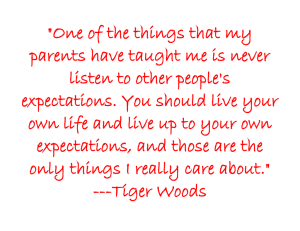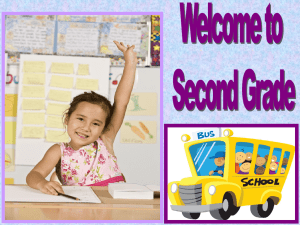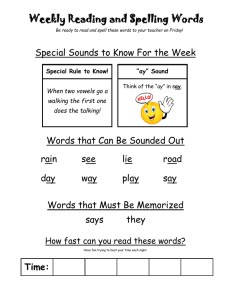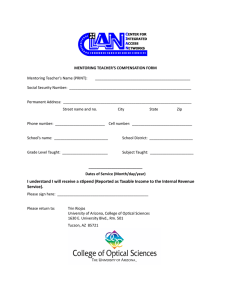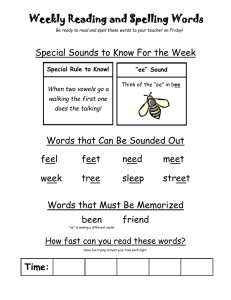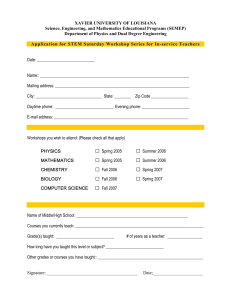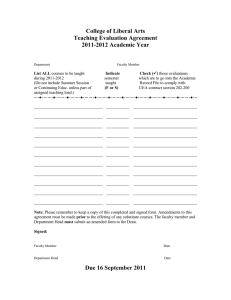Curriculum Night PointPoint
advertisement
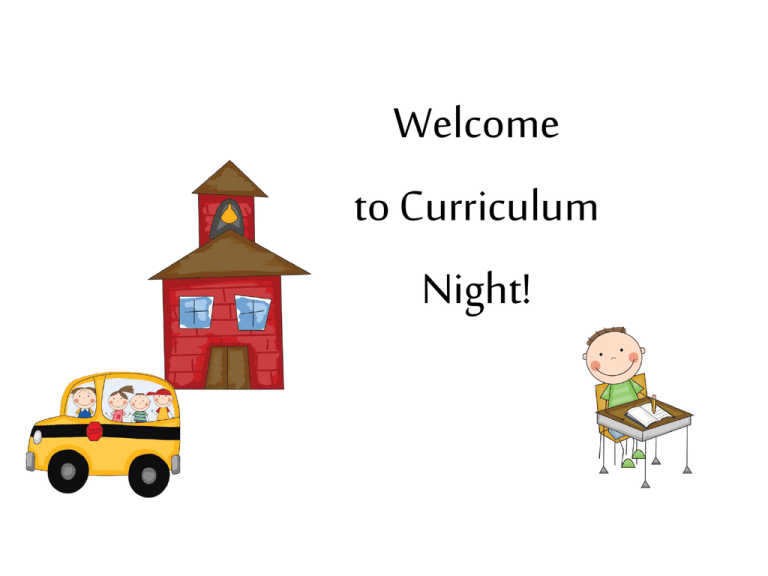
Welcome to Curriculum Night! Common Core When Arizona adopted these standards in English Language Arts and Mathematics, the documents became known as Arizona's Common Core Standards in English Language Arts (ELA) and Mathematics. http://www.mpsaz.org/curriculum/commoncore/ "What Common Core does is teach our students a relevant application of the skills needed to be leaders in our global market. Students are not just learning content but applying it to real world situations. Common Core pushes our kids to be better readers of information, requiring them to think more deeply about concepts versus just re-memorizing facts and information.“ Troy Vanderlaan, a U.S. History teacher Critical thinking Focused, coherent, clear and rigorous Internationally benchmarked Anchored in college and career readiness* Evidence and research based Language Arts Reading, Writing, Speaking & Listening, Language Focus on the Foundations: Phonological Awareness & Print Concepts Letters and sounds are not taught in alphabetical order, this enables children to begin building words as early as possible. Students will be taught both long and short vowels, including common vowel combinations. Sight words-color words and 27 high frequency words Incorporate “playing with language” at home-rhyming, manipulating sounds and READ, READ, and READ! Writing Journals/Writing Workshop Class Books Stories (Opinion, Informative, Narrative) Encourage “Kid” Writing (Writing the sounds your child hears. Some letters, particularly vowels, will be left out.) This is a key element in the process of your child’s writing skills. “The dg at the bon” (The dog ate the bone ) Handwriting Handwriting is stressed in kindergarten curriculum. Students are taught to form letters correctly. Please encourage them to start at the top line for capital letters and the middle line for most lowercase letters. We have songs or chants to help guide them in their letter writing. Verbalize the process Practice, practice, practice ABC Math Counting and Cardinality-count to 100 by ones and tens, compare sets of objects and read, write, and model numbers 0-20 Operations and algebraic thinking-Represent (+/-) with models, expressions and equations. Numbers and operations-numbers 11-19 to gain foundations for place value Measurement and Data-describing, measuring and classifying objects Geometry-2D & 3D shapes(describe, identify and model) Problem solving-using Mathematical Practices In addition students should be able to write numbers 0-20 Science and Social Studies Science is taught through inquiry. Students will investigate parts of the body, five senses, etc. Introduces students to the concept of exploration as a means of discovery Important symbols of our country are introduced. Students should be able to apply the lessons of world history to their lives as citizens of the United States and members of the world community. How does IB fit in? 6 Themed Units of Inquiry Where We are in Place & Time Who We Are How We Express Ourselves How the World Works How We Organize Ourselves Sharing the Planet Caring Balanced Open Minded Communicator Principled IB Learner Profile Inquirer Thinker Risk Taker Reflective Knowledgeable IB Mission The International Baccalaureate aims to develop inquiring, knowledgeable and caring young people who help to create a better and more peaceful world through intercultural understanding and respect. Homework Monday: Printing Tuesday: Language Wednesday: Color Words/Sight Words Thursday: Math Read every night for 15-20 minutes Reading Logs due every Monday Grading-Report Cards Formal Assessment 4 times a year Conferences in October and January Progress Reports in alternate months Best gauge for progress is your child’s daily work Classroom Expectations It is my job to provide a safe and positive learning environment for all students. I believe every student is capable of making good choices. They are capable of choosing, acting, and reflecting on their behavior which will instill a safe learning environment for all. Students are expected to: Be respectful to all students and staff. Listen and participate daily in class discussions and activities. Have a positive attitude. Help keep our classroom safe and productive by using kind words, listening ears and gentle helping hands. Communication I am available after school 2:30-3:30 480-472-3511 kafahy@mpsaz.org Thank you!
